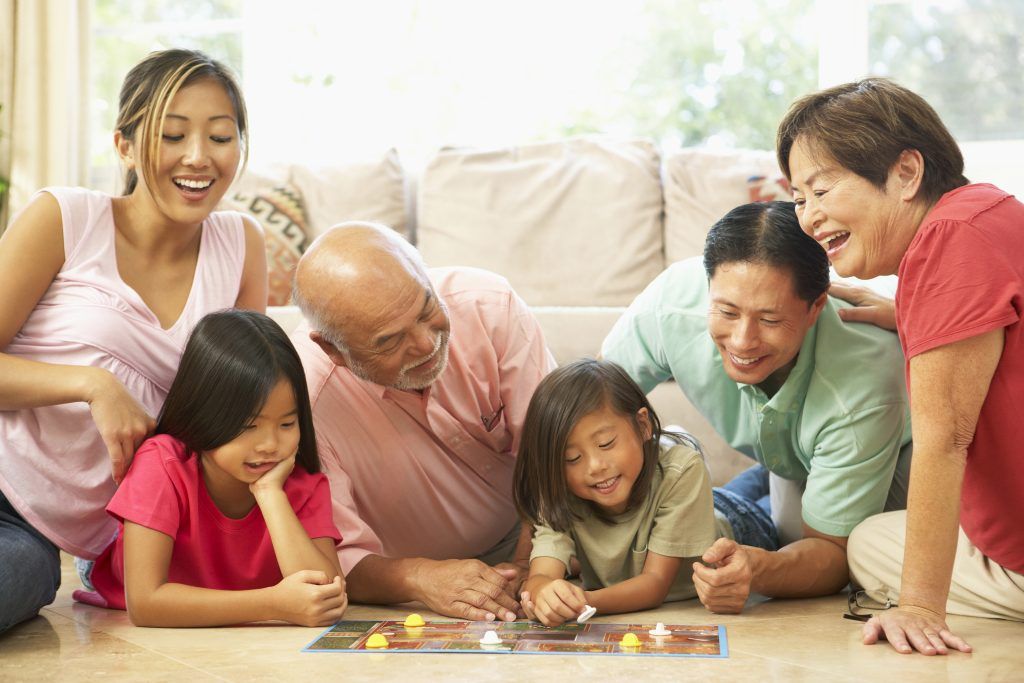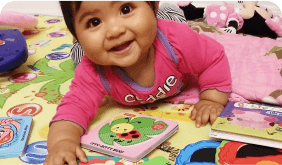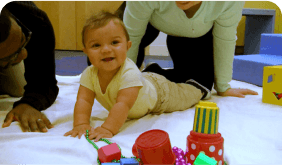
Life with all its ups and downs and everything in-between can sometimes feel like a roller coaster. Being able to deal with the ride is a skill that takes time to learn. So how do you help young children understand that it’s okay if things don’t always go as planned? Teaching them ways to accept winning and losing is a great way to start.
From board games to competitive sports, winning and losing will come up many times throughout your child’s life. These important early play experiences help us learn how to process our feelings. Teaching your child how to recognize their feelings and react around others is an important life skill that will help them socialize and learn how to celebrate life’s joys while also ride out the more difficult moments. Losing a game or coming last in a race may seem like something small, but it can be a difficult moment for a child.

Young children don’t have the ability to express all their feelings or understand some of their emotions. They may cry and get upset, or run around the house screaming “I won, I won.” This is just part of the learning process. Eventually, they should improve their reactions to winning and losing in different situations, but this doesn’t come without help from you!
Try these easy tips to help your child learn how to process their feelings about winning and losing:
Talk it out!
Prior to playing with friends talk about different scenarios with your little one. If they lose the game, how will they feel? How will their friend feel? Explain how even though they wanted to win, they can move on, play a new game, and maybe win the next one! Talking about what may happen helps. Knowing losing is possible can make it less upsetting because you don’t expect to win 100% of the time.
Praise Child’s Effort
 Tell your child how proud you are because of the effort they put into an activity—regardless of whether they win or lose. Even if they won, tell them why you’re proud, “you did such a great job working with your teammates to set up the final goal.” If they lost, you should do the same thing! Praise their effort instead of the end result.
Tell your child how proud you are because of the effort they put into an activity—regardless of whether they win or lose. Even if they won, tell them why you’re proud, “you did such a great job working with your teammates to set up the final goal.” If they lost, you should do the same thing! Praise their effort instead of the end result.
Talk About Cheating
You may have noticed that the desire to win sometimes causes children to break the rules of the game. In preschool years, the best thing to do is to correct their behavior and explain why it’s wrong. Talking about why rules matter and how they give everyone a fair chance can help.
Practice Graceful Winning
In the same way you would talk to your kids about how they should react when they lose, you should also talk about appropriate ways to react if they win. Explain that they can always say, “good game” and give their friend a high five. If their friend wins they can also say, “Congratulations” and maybe ask them if they want to play again. Practicing graceful winning will also help your child become better at processing their emotions when they lost because both scenarios require using emotional control, an important executive function skill.

Even though kids may not understand what the words “good sportsmanship” or “empathy” mean yet, they can understand how their words and actions make others feel. Kids are so busy going from sports practice to art class to school and tutoring; that their busy schedules can increase the sense of competition they feel with peers. Therefore it’s really important to explain early that they can’t always win but they can make the best of every situation. This is a life lesson that is very valuable for children of all ages. By teaching them how to accept winning and losing, some of the pressure they feel fades away. Children are more likely to try new things, and young minds greatly benefit from a variety of activities and new experiences.





